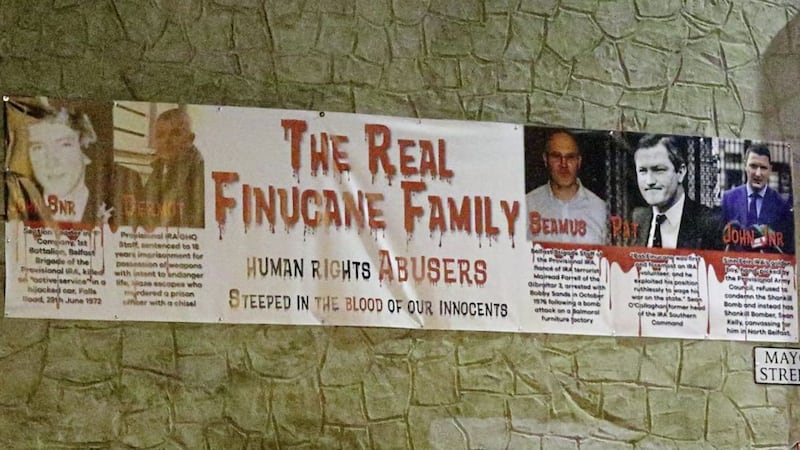IN three weeks from today voters will take to the polls in what will be one of the most controversial and historic elections in decades.
It is the first December British general election since 1910, taking place in a very different world and for very different reasons.
Westminster is a zombie parliament, paralysed without any mandate for a definite way forward on Brexit.
This has been a period of politics that has been damaging in the most toxic way to community relations both at home and across the water.
In England once settled communities, towns and villages and even families are divided in opinion over Brexit.
The referendum tapped into an anger and fear, particularly among the working class that few in the London establishment previously cared about.
Boris Johnson is an English national who will prioritise the type of Brexit he wants rather than what is best for the people he currently rules without a mandate.
There are fears that the current Tory administration favours a Brexit that will strip away the rights of workers and allow foreign investors to exploit a workforce without agency for huge profit.
That the preservation of the union comes second to the cult of Brexit and therefore it is all the more remarkable when you look at the role the DUP played in helping Johnson on his path to power.
It is little surprise that in Scotland and Northern Ireland those who want to break away from the union see Brexit as an opportunity.
The Irish unity debate was always going to happen by simple demographic change but it was many years off into the future.
It may have been delayed further had there been more effort into making Northern Ireland an economically viable and friendly place.
A region where all people whether unionist, nationalist or other felt wanted, where young people born here had reason to stay and prosper and those who settled here bringing skills and diversity were welcomed.
Instead we have an uncertain future with no clarity as to what the final destination will be and what that will mean for our children's futures.
In the meantime, we have an election to look forward to - or dread - depending on how you view this latest twist in the saga.
An election that started off about Brexit but within days changed into something much more familiar.
A toxic and damaging death dance of them and us.
The DUP quickly forgiven for their tactical support for Boris Johnson, thus enabling his to produce the 'Betrayal Act' are now supported by loyalist paramilitaries who are using victims to scare out the electorate.
While the DUP may not responsible for the banners attacking Sinn Féin candidate John Finucane they dragged their feet in condemning them and asking for them to be taken down.
This reporter first highlighted the banners in a news story almost three weeks ago, and yet when asked this week the DUP said they were unaware of them.
This is despite them being displayed in areas where they are actively canvassing and being plastered across social media.
That those banners and leaflets are also targeting the SDLP in South Belfast and now in North Down the Alliance Party, is as transparent a dirty tricks tactic as you are ever likely to encounter.
While I believe the electorate are more sophisticated than to fall for such blatant and crude 'spin' the messages being used are damaging to victims from all sides.
Using hurt, loss and grief as political currency to scare out votes is the worst kind of deplorable politics.
And on December 13 when all the votes are counted the sectarianism, hatred and hurt caused in the name of a grubby sectarian headcount cannot be disappeared with the wave of a wand.
It will continue to eat away at our society and pollute the minds of our young people.
It will make this place even more unstable, even more expensive to police and rule and even less attractive to those in Westminster who financially supplement Northern Ireland.
And in the end it may be that financial factor, that economic inviability of this place and not the 50-plus-one, that will be the deciding factor on our future constitutional arrangements.








